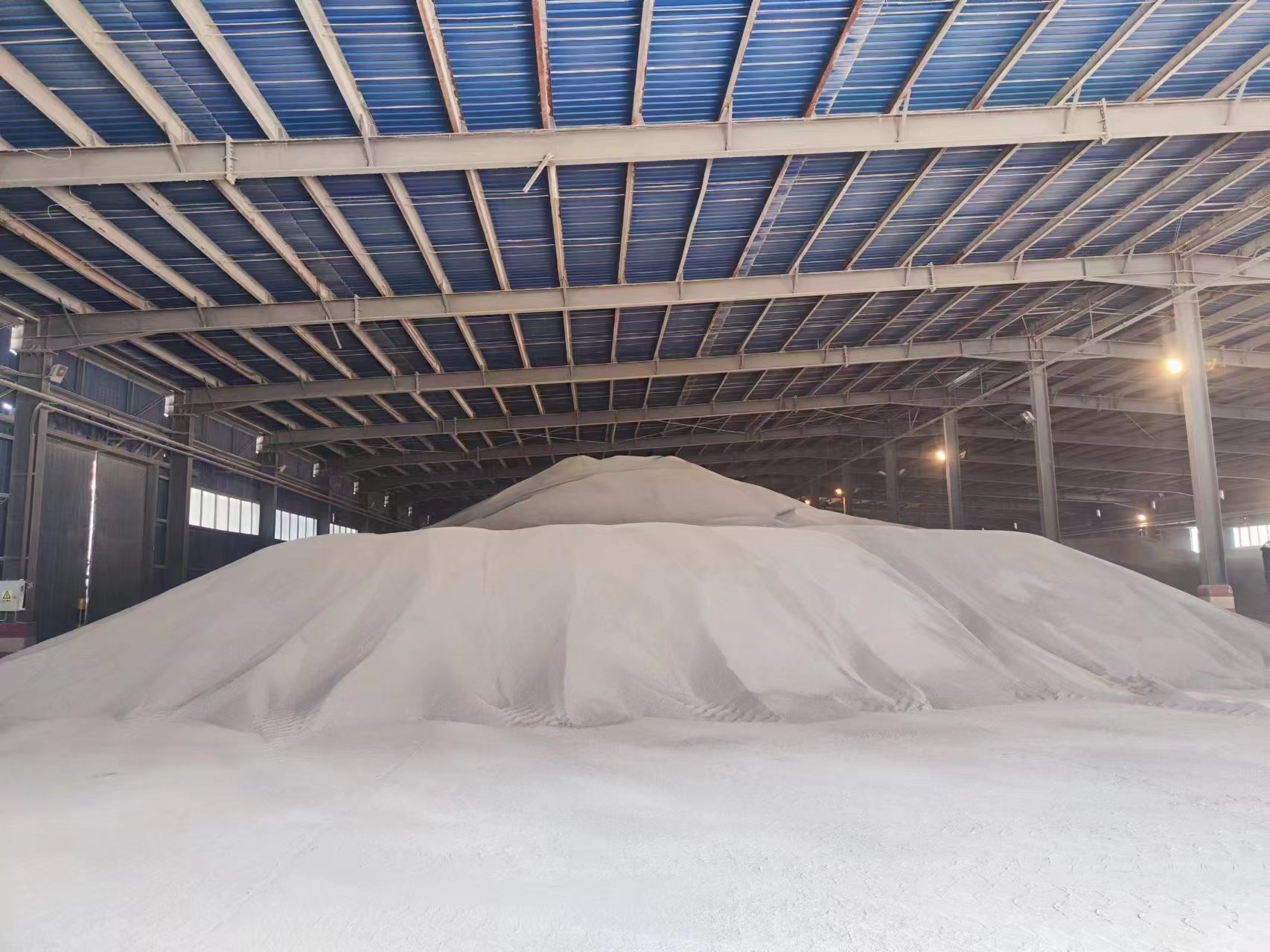.jpg?x-oss-process=image/resize,h_400,m_lfit/format,webp)
Diammonium phosphate (DAP) is a highly efficient phosphate fertilizer whose main components are ammonia, phosphoric acid and water. It is one of the commonly used fertilizers in agricultural production. It not only provides nitrogen and phosphorus necessary for plant growth, but also effectively improves soil fertility. Diammonium phosphate excels in drying and water solubility, making it easy to apply and transport.
.jpg)
1. Promote plant growth: Phosphorus is a key element for plants to carry out photosynthesis, respiration, energy transfer and nutrient synthesis. Reasonable application of diammonium phosphate can help plants enhance root development, promote growth, and improve disease resistance.
2. Increase crop yield: Appropriate application of diammonium phosphate can significantly increase the yield of major crops, such as wheat, corn and soybeans, providing reliable guarantee for agricultural production.
3. Improve soil health: Diammonium phosphate can increase the availability of nutrients in the soil, improve soil structure, and facilitate the growth and reproduction of microorganisms, thereby further improving soil quality.
.jpg)
1. Application timing: The application time should be reasonably selected according to the growth stage of the crop. Generally, application is most effective before crop sowing or in the seedling stage.
2. Application method: It can be applied through various methods such as basal application, topdressing and foliar spraying, among which basal application has the best effect.
3. Application amount: The application amount should be reasonably determined based on soil nutritional status, crop needs and local agricultural management experience to avoid excessive application causing a burden on the environment.

Things to note when applying diammonium phosphate:
1. Avoid mixing with other chemical fertilizers, especially ammonium nitrogen fertilizers, to avoid chemical reactions that may affect fertilizer efficiency;
2. Water should be applied promptly after application to promote fertilizer dissolution and nutrient release;
3. Conduct regular soil testing and adjust fertilization strategies to ensure reasonable fertilization.
Diammonium phosphate plays an important role in promoting plant growth, increasing crop yields and improving soil health. In modern agriculture, the rational use of diammonium phosphate is one of the keys to achieving sustainable agricultural development. Farmers should develop corresponding fertilization plans based on the actual conditions of crops and soil to achieve higher returns.
.jpg)
.jpeg)
